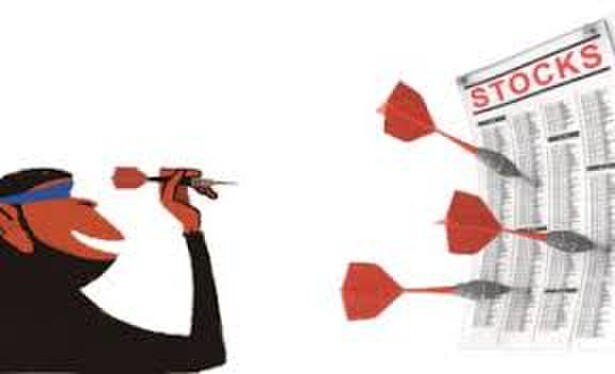Dart Throwing Monkeys - can they do better than active investment managers?
In December 2019, Kiwi Wealth released a research report analyzing the actual returns of tracking ‘passive’ investment funds, versus random ‘dart throwing monkeys’ versus ‘active’ investment management.
The research confirmed what we have known all along, which is why our preferred investment strategy is to select active investment managers, who make actual decisions on what stocks to include in your portfolio’s.
Bernard Hickey wrote an excellent article on Newsroom, putting the research into context, which you can find by clicking here. https://www.newsroom.co.nz/2019/12/03/929072/why-dart-throwing-monkeys-can-be-dangerous-and-dirty#
Highlights of the research report and Bernard’s article include (with Moneyworks added commentary):
‘Knowledge’
“Everyone apparently ‘knows’ that monkeys or ‘robots’ tracking indices do better than human fund managers. The trouble is they’re wrong about the monkeys being the same as index trackers, and they’re wrong about passive funds always doing better than active funds.”
As a result of this ‘knowledge’ many investors have turned to index tracking or passive investments, and focussed on the fees of investments, rather than the after fees returns and the ability of human brains to add value by selecting investments.
Truly Active funds outperform.
The fund managers are looking at factors including
How liquid is the investment?
What is happening inside the company?
Is it managed and governed well?
Is it getting a good return on equity?
Are its earnings growing?
How is it impacted by the macro environment?
Active Share or Index Hugging
‘Active’ managers who just ‘benchmark or index hug’ (a large number of the managers), will definitely prove that dart throwing monkeys or passive funds will perform better. This is because they aren’t making those active decisions and they are charging investors high fees for the privilege of investing actively. (Moneyworks actively researches whether our fund managers are benchmark or index hugging, using a measurement called ‘active share’).
Ethical investing
For our many clients who are concerned about where their funds are invested – to make sure that they are invested ethically, with consideration given to Environmental, Social and Governance aspects, active investment management, where we engage continually with your fund managers is the only way to monitor their ethical investments. With a passive/tracker fund, you get what is in the index. For example, in the Vanguard Australian Shares Fund (which we have recently added to our portfolios for lack of an additional good quality active alternative), there are large holdings in BHP and CSL, which are categorised as fossil fuel investments.
To see how difficult it is to get ethical investing exposure – read this article which shows that Simplicity (despite their claims to being ‘ethical’ investors), admit that it is too hard for them to monitor and there are unethical investments in their portfolios.


